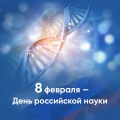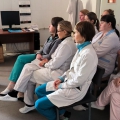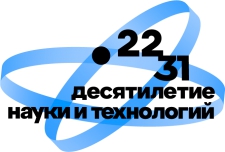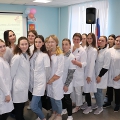|
24 11.2022
December 1, 2022 is celebrated under this motto as World AIDS Day. This slogan is an unequivocal call for concrete action that has already proven effective in combating the spread of HIV.
|
All forms of economic, social, cultural and legal inequality must be resolutely eradicated. During a pandemic, inequality means a threat to everyone, in many ways it is inequality that is the cause of the spread of the disease. World leaders must demonstrate courage and a willingness to take responsibility. And each of us, wherever he is, must do everything possible to eradicate inequality. It's time for equality!
It is necessary to further expand the availability of quality and convenient means of preventing and treating the disease, free and anonymous testing, contraception, timely medical care and support programs for vulnerable populations. Equally effective and timely assistance should be available to everyone. Every person is equally worthy of respect and kindness.
World AIDS Day, proclaimed in 1988, was the first internationally recognized day dedicated to the protection of health. Then, more than 30 years ago, the diagnosis of "HIV infection" was tantamount to a death sentence. The first drug for the virus began to be used in 1987, the effectiveness of the treatment was low, and the very possibility of this was perceived by many with skepticism. Patients faced misunderstanding of others and open aggression, tried to hide their status, which only exacerbated the problem. Modern antiretroviral therapy can prevent the development of AIDS by suppressing the activity of HIV, and now it is just a chronic, long-term condition that requires daily medication. Following the prescriptions of a doctor, HIV-positive people can lead a normal life, the duration of which in developed countries is not much different from that of healthy people.
In the Volga Federal District, as of July 1, 2022, a total of 353,048 cases of HIV infection were registered. 203,459 people were subject to dispensary registration in territorial AIDS centers. The total number of HIV-infected people in the district receiving antiretroviral therapy as of July 1, 2022 was 159,801 people.
Due to the growing number of HIV-infected people and the expansion of their coverage with antiretroviral therapy, since 2008, the Privolzhsky District Center for the Prevention and Control of AIDS (Center) has been sequencing the nucleotide sequences of the human immunodeficiency virus. For the period 2008 - 2022 the laboratory of molecular genetic and serological methods of research of the Center for drug resistance of the human immunodeficiency virus conducted genotyping of 2212 blood plasma samples of HIV-infected from 12 subjects of the Volga Federal District. The results obtained help physicians prescribe alternative drugs to select new effective treatment regimens.
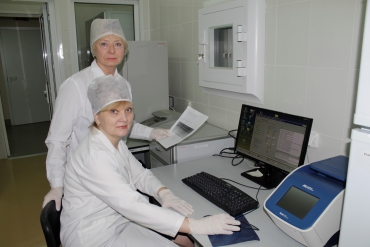
Another way to fight the disease is to prevent new infections. Traditionally, public education plays a leading role in this process. Throughout the entire period since its establishment in 1989, the Center has been engaged in preventive and educational work with various segments of the population, paying special attention to student youth.
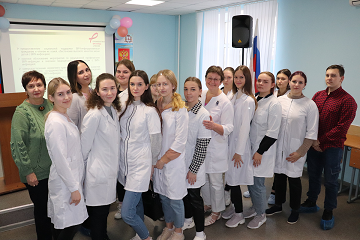
The motto is "Time for equality!" is a call to action. It encourages everyone to implement the proven practices needed to close inequalities and end AIDS, including:
- increasing the availability, quality and expediency of services for the treatment, testing and prevention of HIV infection, so that each person is provided with everything necessary;
- support for technology sharing to ensure equal access to the best scientific achievements in the field of HIV.
It is necessary to expand cooperation in the field of medical science and technology. The results of research on HIV/AIDS should be open and accessible. This is especially important for narrowing the gap between developed and developing countries.
On this World AIDS Day, each of us should take part in spreading the word that we all stand to gain when we tackle inequality.
To ensure the safety of everyone, to protect the health of everyone, we should strive for equality for all.
